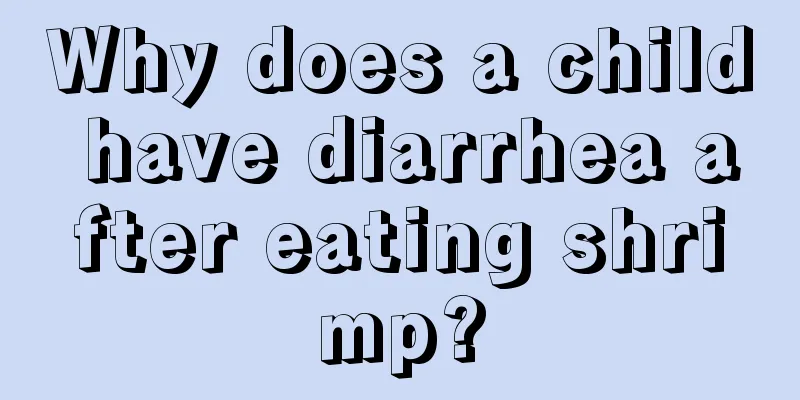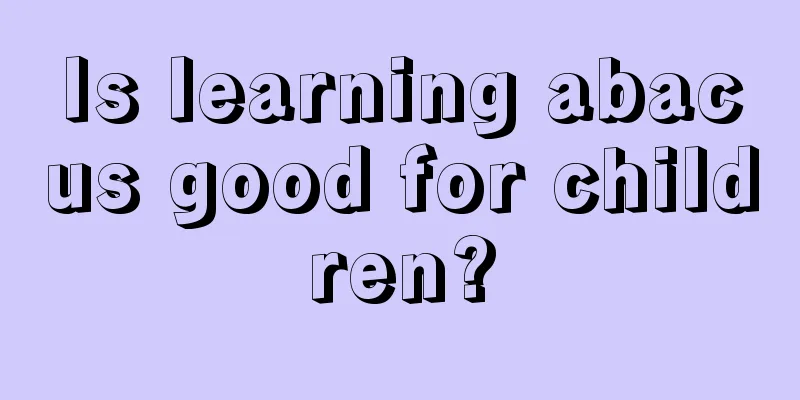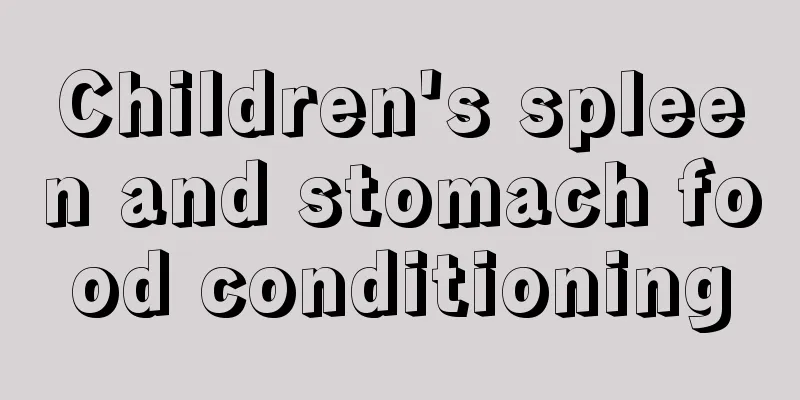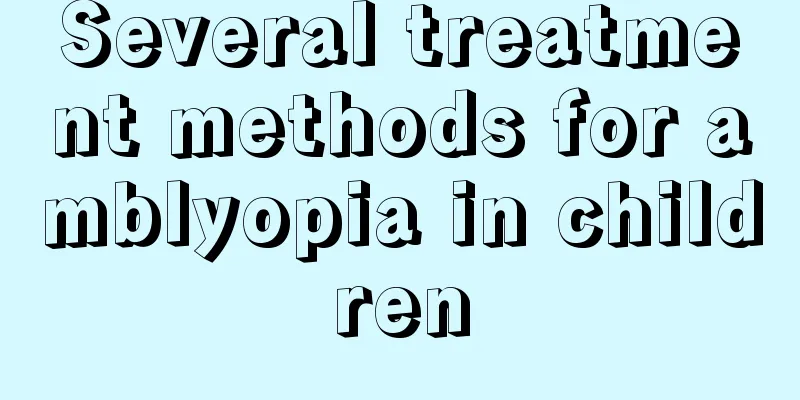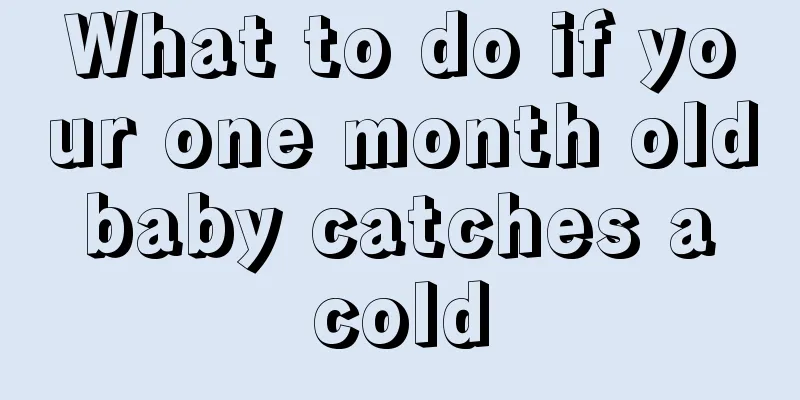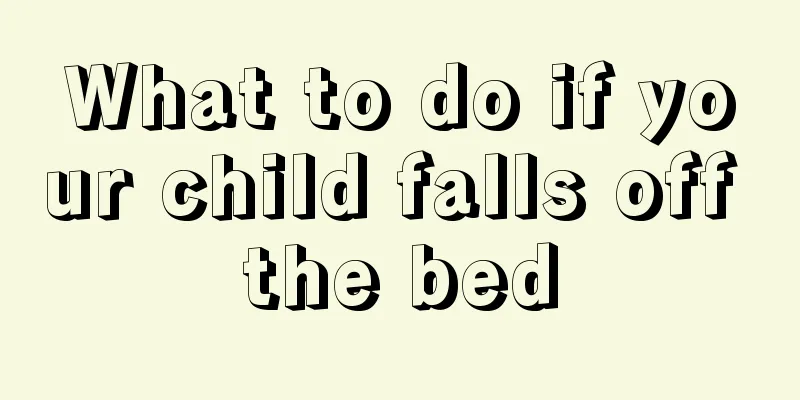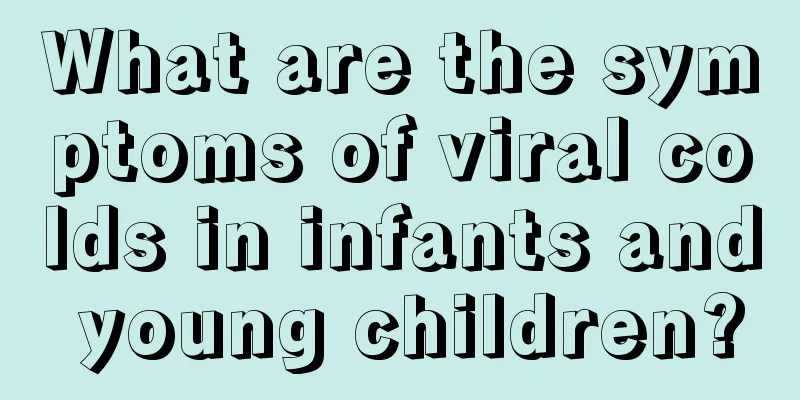What are the signs of teething in babies?

|
Teething is a necessary stage for babies in their growth and development process. Many parents don’t know what symptoms their babies will experience during the teething period? I don’t know how to help my baby. Only when parents understand the signs of teething in their baby can they better help their baby. So, what are the signs of teething in babies? If you want to know the answer, please read the following carefully! Sucking fingers and biting nipples. Babies in the teething period will like to chew things because their gums are uncomfortable. It usually manifests itself as a love of biting the mother's nipples, pacifiers and their own fingers. This is because when the teeth erupt, the gums are stimulated to become congested and edematous, and the baby's gums become itchy and other discomforts. Relieve the itchy discomfort by biting the nipple or sucking the fingers. During this period, you can give your baby clean gauze, rubber stick toys or harder food, and let your baby chew these things to relieve the discomfort of itchy gums. Increased saliva. When teething, your baby's saliva will increase significantly. At the beginning, the baby's salivary glands are underdeveloped and the amount of saliva is small. When teeth start to erupt at 6-7 months, the eruption of teeth makes the gums itchy and the saliva secretion increases significantly, so the child has a lot of saliva when teething. Because babies' oral cavity is not deep enough, their nervous system development and swallowing reflex are poor, and their ability to control the flow of saliva in the mouth is poor, they often drool. In this case, you should wipe it dry in time to keep the skin of your lower lip dry and clean. As you age and your teeth erupt, drooling will gradually disappear. Teething hematoma. If your baby's gums are swollen, it may be that the baby is about to teethe. These swollen areas mainly appear at the incisal edge or cingulate surface of the teeth that are about to erupt. The surface is bluish-purple and the swelling ranges vary in size. The swelling is caused by the accumulation of blood under the gums when the tooth breaks through the dental follicle during tooth eruption. It looks like a small hematoma, called eruption hematoma. Generally there are no subjective symptoms, no special treatment is required, and it can be absorbed on its own. What are the signs of teething in babies? I believe that through the introduction above, you already know the answer! When a baby develops the habit of biting things randomly, it may be a symptom of teething. Parents need to pay attention that the baby's gums may swell when teething. Parents do not need to worry too much. Once the baby's teeth grow, the swelling and blood accumulation will gradually get better. |
<<: What are the symptoms if your baby is teething?
>>: What causes early teething in babies?
Recommend
15-month-old baby early education
A 15-month-old baby is already over one year old....
Why does a 4-year-old baby grind his teeth when sleeping at night?
It is a common phenomenon that a 4-year-old baby ...
Childhood mental illness
For children, because their resistance is relativ...
What are the taboos for children to drink Chinese medicine?
Different patients have contraindications when us...
What causes children to vomit and feel dizzy?
Vomiting is a common phenomenon in life. When vom...
What should I do if there is a big gap between my child’s front teeth after his teeth change?
Tooth replacement is something that every child n...
What medicine should I take for my baby's cough?
For us adults, headaches, colds, fevers, coughs, ...
Children's head sweats when sleeping at night
Children's health is the most important topic...
What to do if your child has a bad mouth
Children must develop good hygiene habits from an...
The harm of precocious puberty in girls
Research shows that girls develop earlier than bo...
What should I do if my nine-month-old baby has a blocked nose?
When babies reach nine months old, they are prone...
How to treat children's hallux valgus?
The condition of clubfoot can be discovered after...
What should I do if my baby doesn’t eat in summer?
Many parents are very distressed. Every time the ...
What to do if children have dark skin
Children's skin is white as jade, tender and ...
Is it okay for children to get injections when they have a fever?
Many parents with children know that the process ...
